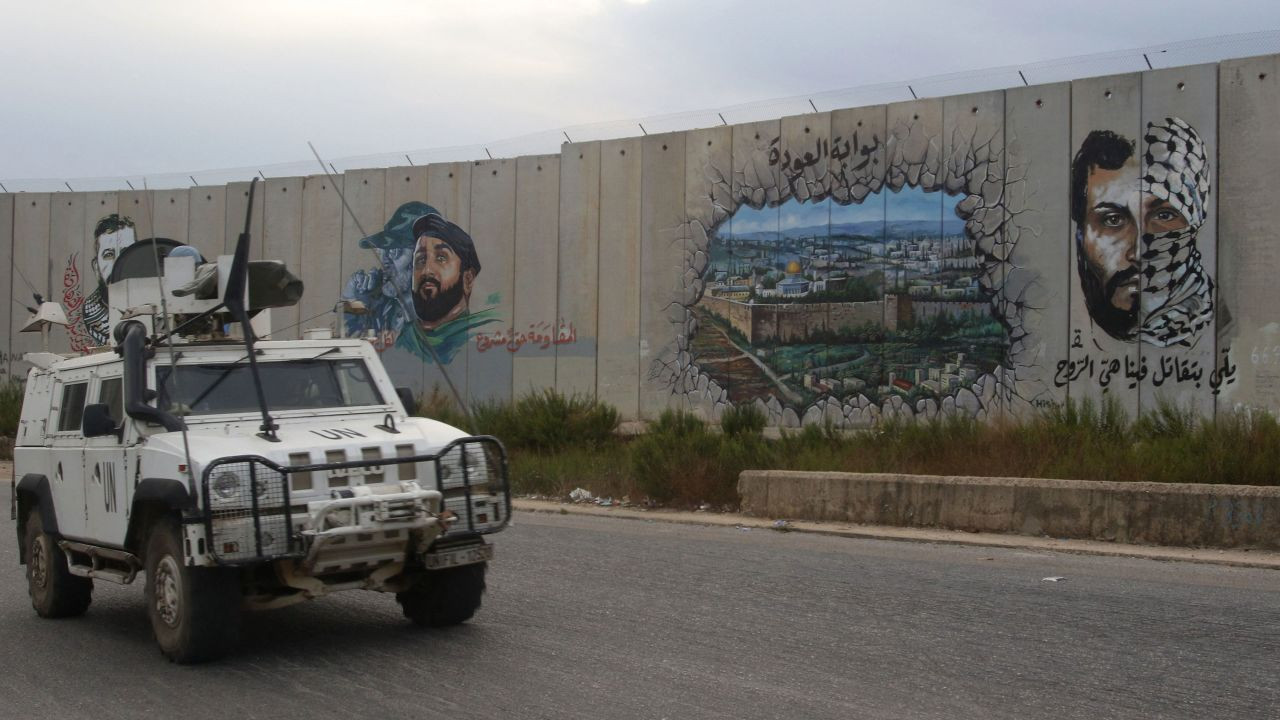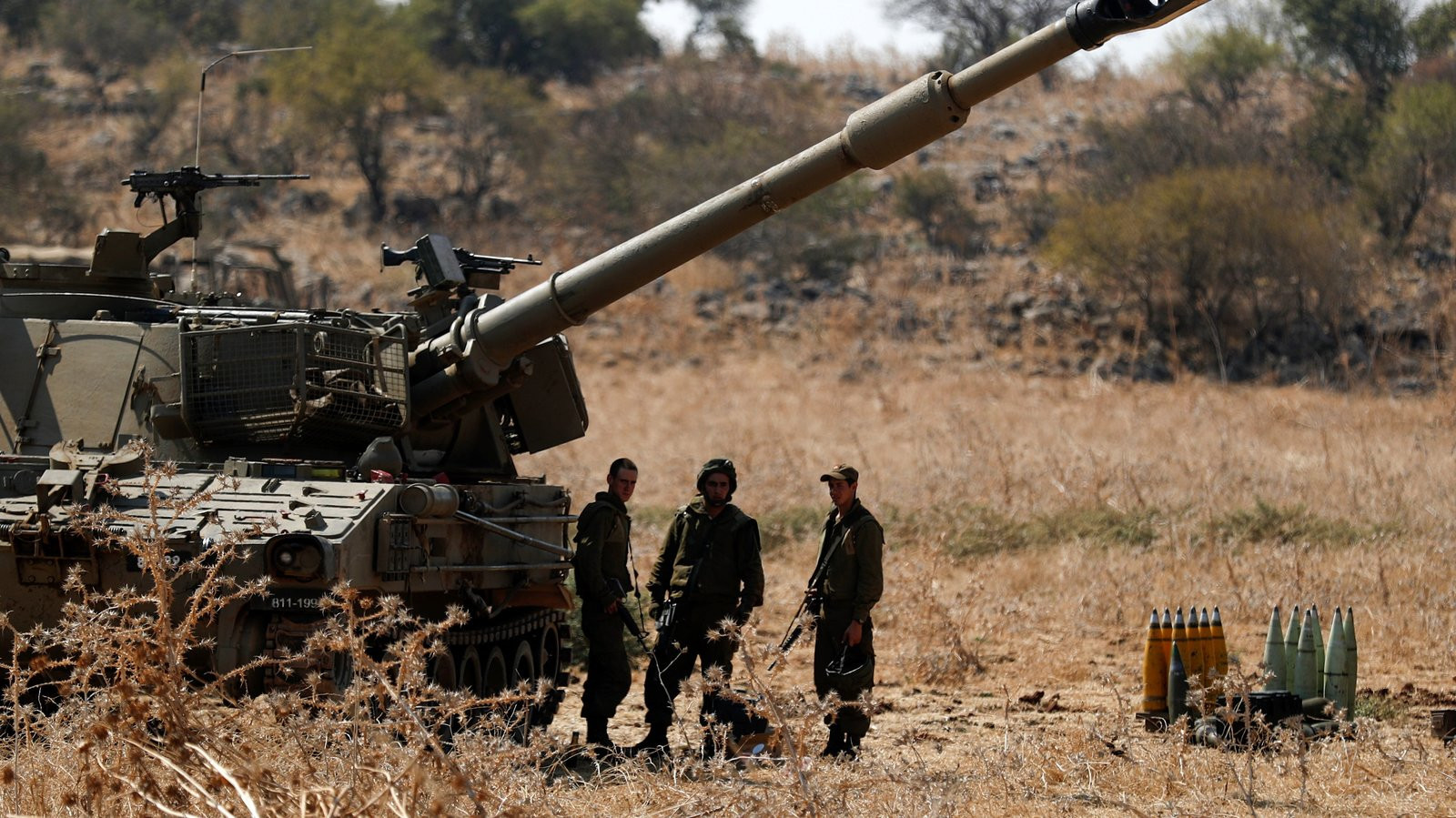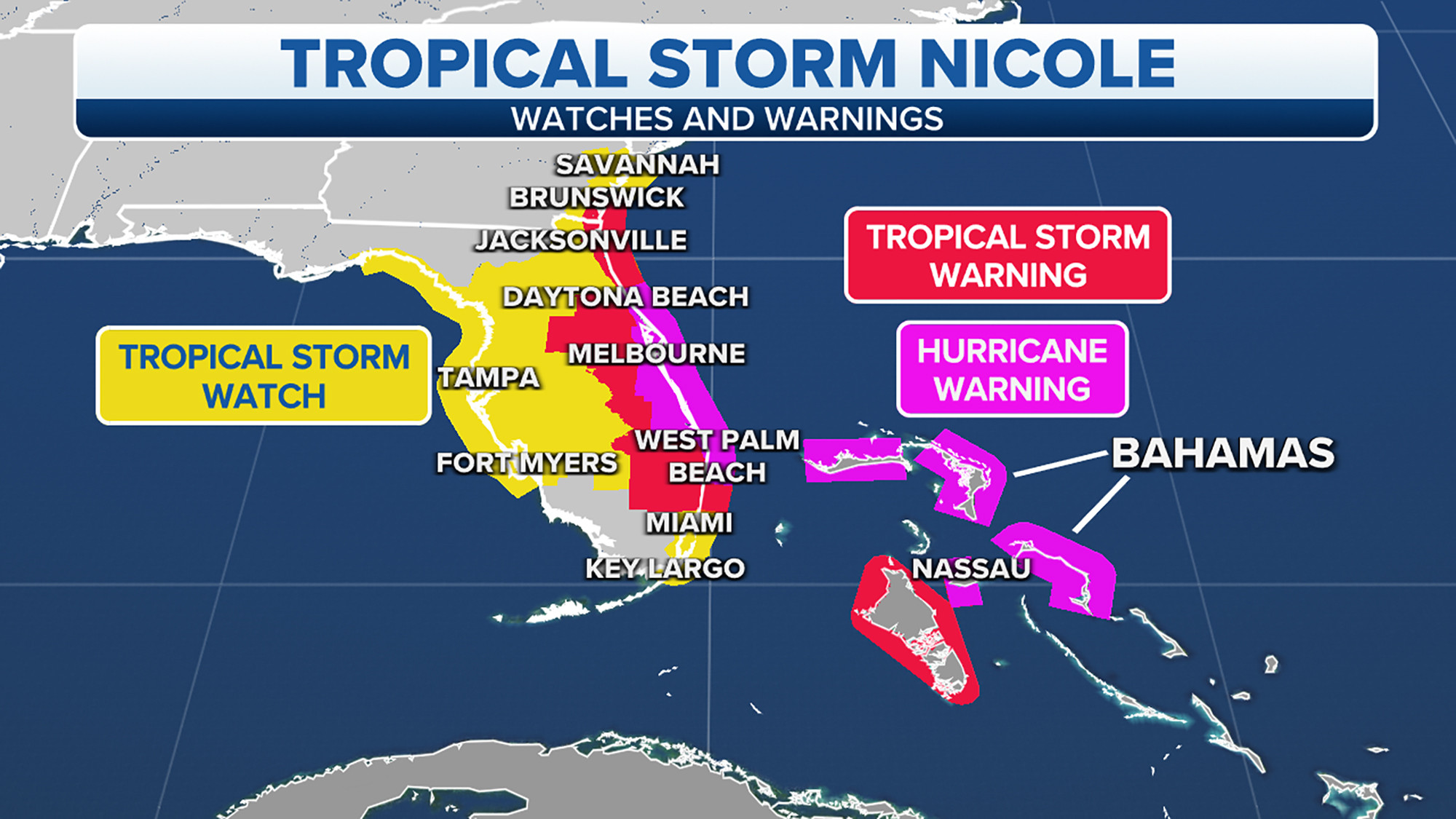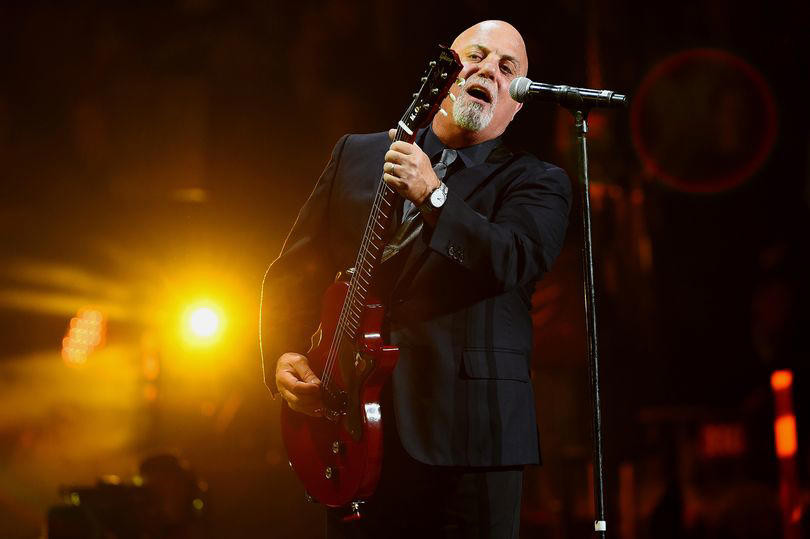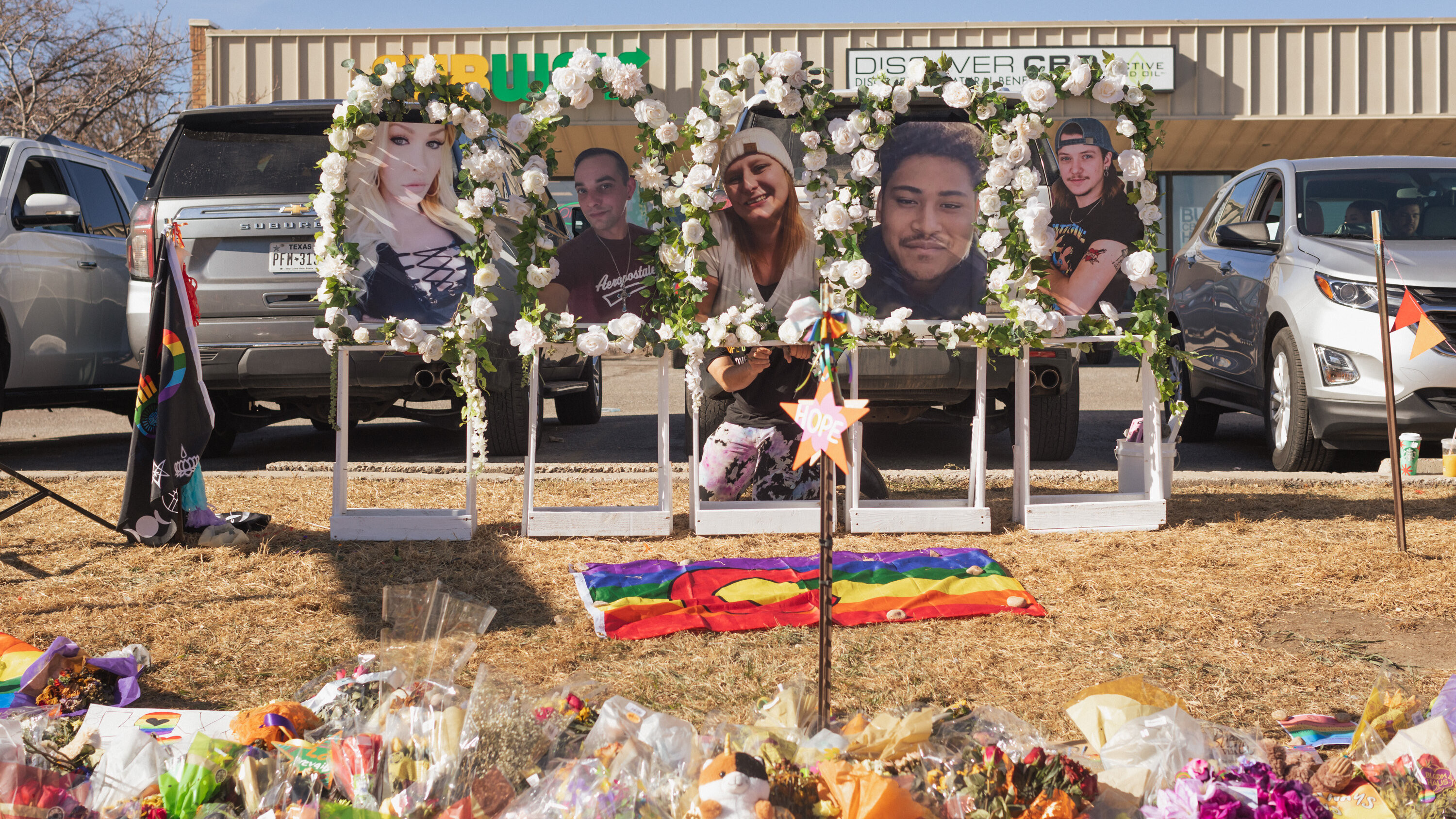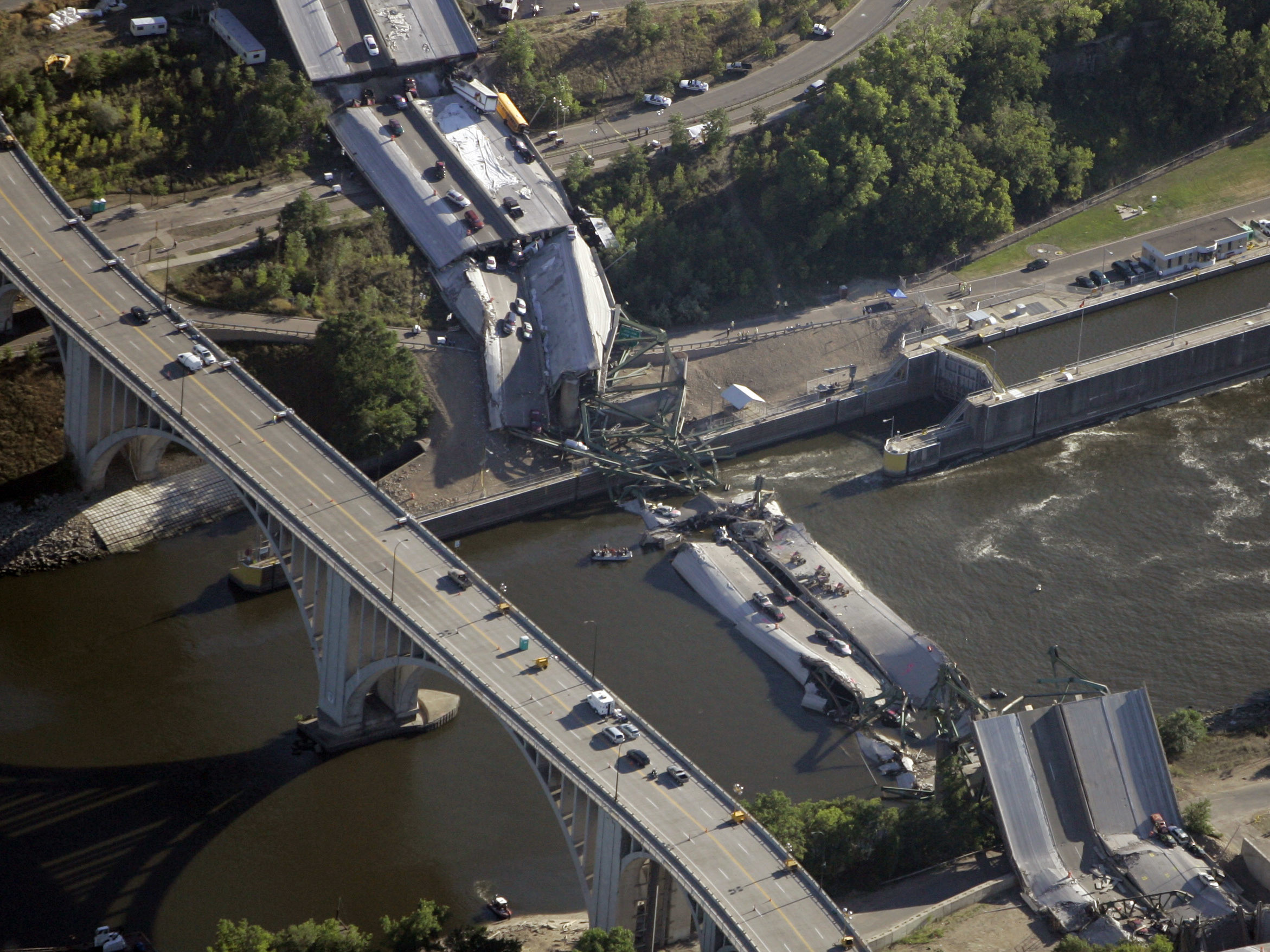The Middle East is now at the most dangerous point it has reached for many years. Today, the Israeli military launched air strikes at targets in southern Lebanon, describing them as a pre-emptive action against Hezbollah. The world's most armed militant group later appeared to confirm the plan, saying it had launched hundreds of rockets at Israel. The extent of damage on either side isn't immediately clear.
Since the Hamas-led attack on Israel on October 7, Israel and the Lebanese-based Hezbollah group have been exchanging fire. It's been at a relatively low level, with neither side pulling the trigger on a big regional war. Both sides know that such a development could be mutually devastating. The last time Israel and Hezbollah went to war was in 2006, when everyone suffered and neither side won. In fact, Israel's official inquiry into the conflict, the Winograd Commission, found they had been badly prepared for the war and executed it badly.
Hezbollah is an infinitely more formidable enemy than Hamas. The fact that after 10 months of war in Gaza, Israel is still struggling to defeat Hamas shows that such battles are never easy. Hamas leader Yahya Sinwar still cannot be found, even in an area as small as Gaza. Hamas is still able to fire missiles from Gaza into Israel. And despite Israel's military and technological superiority, defeating Hamas is proving difficult. The Israeli military said it launched early morning strikes at targets in southern Lebanon when it learned Hezbollah was planning to launch an “extensive” attack on its territory.
Israeli military planners know that trying to defeat Hezbollah would be much more difficult. Credible sources suggest that Hezbollah has as many as 150,000 missiles hidden in the mountains of southern Lebanon, south of the Litani river. People from southern Lebanon have had to flee the daily air strikes on their villages, and for months have stayed in derelict hotels-turned-shelters. The significance of the missile arsenal is that it could overwhelm Israel's Iron Dome anti-missile system, no matter how state-of-the-art that system is. As Zohar Palti, an ex-head of intelligence at Israel's intelligence agency, Mossad, told the ABC for tomorrow's Four Corners, should Hezbollah activate such a war, Israel would then reduce Beirut to “a football court”.
The world has watched during the past 10 months as Gaza has been rendered largely unliveable. Many in the region fear that should war break out in Lebanon, Israel may also engage in saturation bombing of Beirut. There are two key reasons Hezbollah is more formidable than Hamas. Firstly, it has an unimpeded supply of weapons from Iran. Hezbollah controls the airport in Beirut, so plane-loads of weapons are able to be brought into Lebanon's capital, then taken to the country's south, near the border with Israel. Secondly, Hezbollah's troops are better trained and resourced than those of Hamas. Hezbollah fighters spent several years in neighbouring Syria where they helped to prop up the regime of Bashar al-Assad, fighting and usually defeating Sunni militia groups, which were part of the attempt to dislodge the government.
The key to what happens now is Iran's Supreme Leader, Ayatollah Ali Khamenei. This 85-year-old cleric runs Iran. He has full control over his country's Revolutionary Guard, the security and military machine that keeps him in place. Right now, the Revolutionary Guard will be advising Ayatollah Ali Khamenei on what should happen next. The Iranian Revolutionary Guard has long been preparing for a war with Israel, just as Israel has long been preparing for the same event.
Should the “Big War” occur — as many in Lebanon and Israel refer to a regional conflict — casualties on both sides will be high. Specifics about how Hamas political leader Ismail Haniyeh and Hezbollah commander Fuad Shukr were killed on Tuesday are scarce, but one thing is certain: the two high-profile hits will further destabilise the Middle East. Iran is likely to be careful not to directly hit Israel, preferring to do so via its proxy, Hezbollah. In turn, Iran's proxies in Syria and Iraq — Shia Muslim militia groups — may escalate their previously sporadic attacks on US defence facilities through the Middle East.
After this new increase in hostilities, Hezbollah said it had completed its “first phase.” Should Iran's Supreme Leader decide that the next phase is to activate those 150,000 missiles, a regional war will have begun.
Hezbollah's Response
Hezbollah, the Lebanese-backed militant group, has declared that it launched hundreds of rockets towards northern Israel, marking what it calls “phase one” of a multi-stage attack. This escalation comes in retaliation for the killing of one of its senior commanders, Fuad Shukr, in an Israeli strike in Beirut last month.
The group has dismissed Israel’s claims that its strikes had thwarted a larger attack. Hezbollah insists it has achieved its initial objective and suggests further attacks could be forthcoming.
Escalation and Fear of All-Out War
This recent exchange of fire has heightened fears of an all-out war between Israel and Hezbollah, a possibility that has been looming since the start of the Israel-Hamas war in Gaza. Both sides have been careful to avoid a direct confrontation until now, but the current escalation has raised the stakes significantly.
The international community is expressing serious concerns about the escalating situation. Diplomats from the US and European countries are actively trying to de-escalate the conflict and avoid a wider war. However, the current situation remains highly volatile, and any miscalculation could quickly lead to a major regional conflict with devastating consequences.
A Complex Conflict
This complex situation is the result of decades of tension and mistrust between Israel and its neighbours. The Israeli-Palestinian conflict has been a major source of instability in the region, and the involvement of external players, such as Iran, has further complicated the situation.
It’s important to remember that the conflict is not simply a clash of ideologies but a complex tapestry of historical grievances, political ambitions, and strategic interests. The current escalation is a reminder of the fragility of peace in the Middle East and the devastating consequences of a major regional conflict.
What’s Next?
The future of this conflict remains uncertain. Both sides have the capacity to inflict significant damage, and the potential for escalation is very real. The international community must work to de-escalate tensions and find a peaceful solution to this complex conflict.
The stakes are high, and the consequences of a wider war could be devastating. It is critical that all parties involved exercise restraint and seek a diplomatic solution to this dangerous situation.




